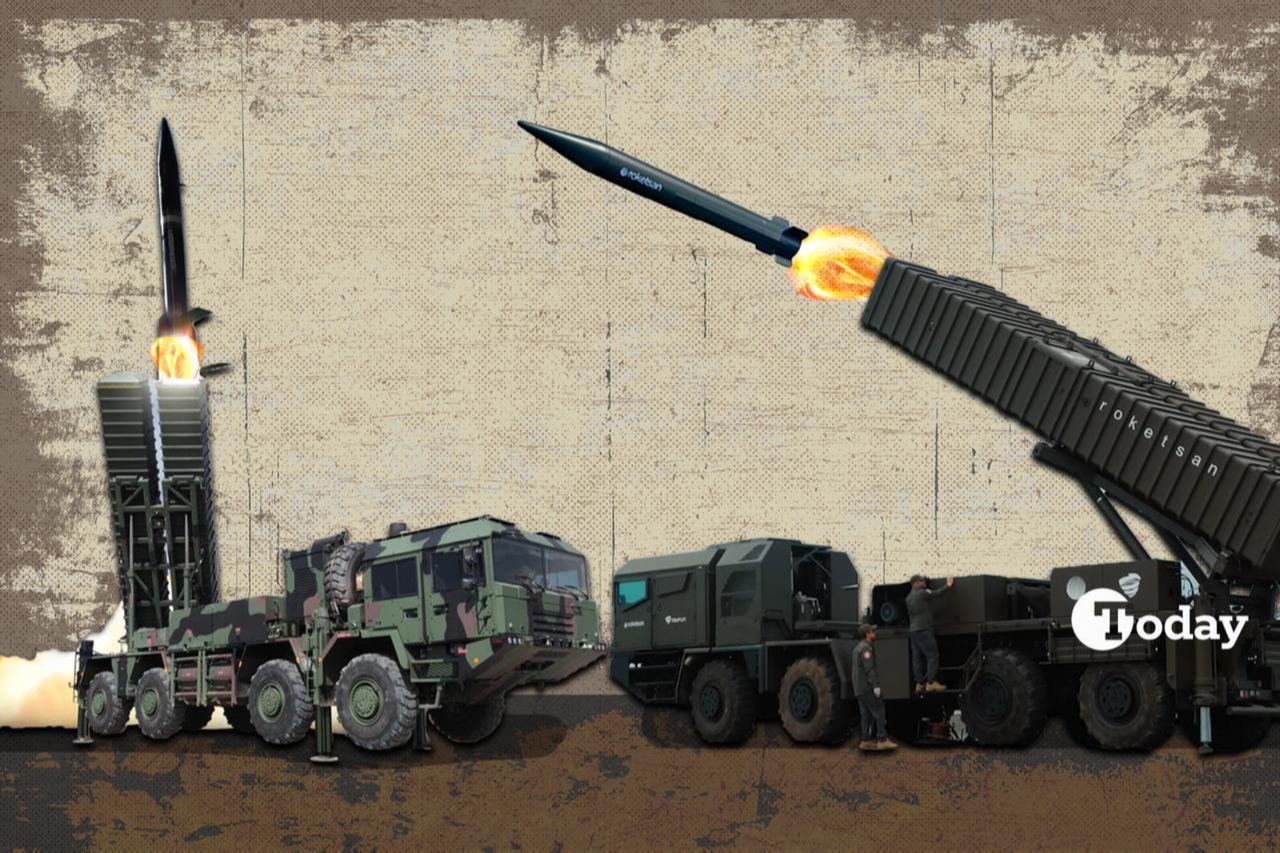
Defense analysts have raised concerns about the sustainability of Türkiye's rapidly expanding defense industry despite new technologies and high-segment products creating frustration in neighboring countries.
Experts warn that the country lacks sufficient financial infrastructure to support its ambitious goal of producing all defense systems domestically.
Speaking to BBC Turkish about developments showcased at the IDEF 2025 defense exhibition, Turkish academic Caglar Kurc from Abdullah Gul University highlighted growing challenges within the sector, including resource limitations and problematic replication of similar systems by different companies.
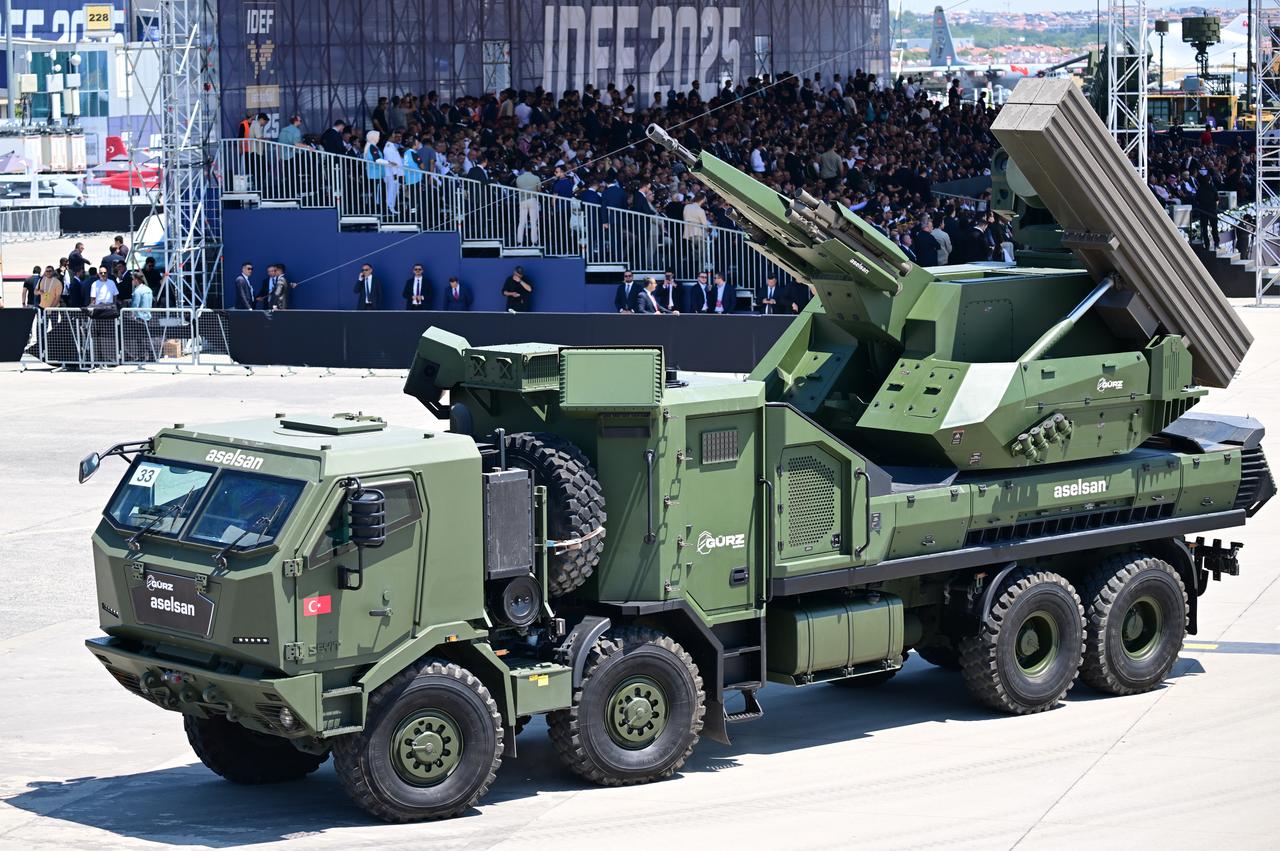
"In principle, there is no problem with this, but when it does everything itself, there is no financial adequacy to sustain that system, there is no such power actually," Kurc said, referring to Türkiye's desire to achieve complete domestic production in defense systems despite limited resources.
The expert noted that while Türkiye has made significant strides in reducing foreign dependence in defense procurement, the country's push for total self-sufficiency may be financially unsustainable.
Experts speaking to BBC Turkish said newly introduced systems indicate changes in Türkiye's current defense approach.
Associate Professor Sitki Egeli from Izmir Economy University assessed that the Tayfun Block-4 missile could exceed a range of one thousand kilometers based on its size and weight.
Egeli, who specializes in weapons of mass destruction, air and missile defense, and nuclear deterrence, told BBC Turkish: "It is an advanced design as it is solid-fueled. It is also a proven design by virtue of being based on three platforms that have proven themselves in the past."
According to experts, weapons longer than this have low strategic importance when Türkiye's defense priorities and regional relations are taken into account.
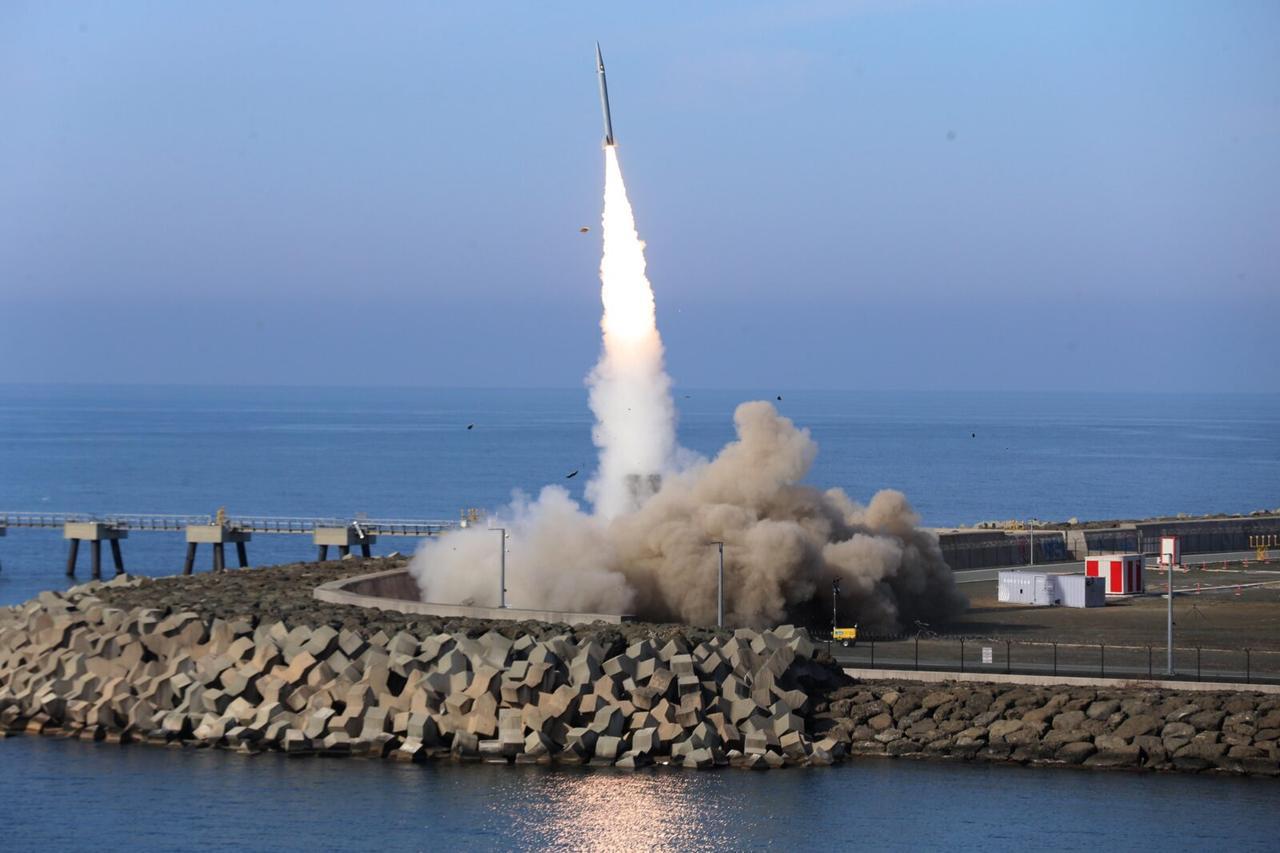
Dr. Rich Outzen, a senior researcher from the U.S.-based Atlantic Council think tank, suggested that Ankara aims to possess weapons with similar ranges to neighbors like Iran for deterrence purposes.
"I think Türkiye saw the response that Iran was subjected to. It doesn't want a foreign military force to hit its strategic facilities or targets," Outzen said.
"If someone attacks Ankara or Istanbul with missiles and drones, it wants to be able to respond with equal force," he noted.
Associate Professor Sitki Egeli noted that Türkiye's geostrategic environment has shifted in favor of ballistic missiles over the years, and assessed that systems like Tayfun, once considered high-cost, have become "tactically useful."
"In an environment where there is interest in medium-range ballistic missiles in all the surrounding geography, Türkiye is not expected to remain a spectator," Egeli said.
However, Egeli pointed out that Türkiye cannot test the missile at its estimated maximum range of 800 (491.1 miles) to 1000 kilometers without putting its neighbors at risk.
Based on reports, he said these tests would likely be conducted from Somalia toward the Indian Ocean. Somali President Hassan Sheikh Mohamud announced last year that Türkiye would establish a space and rocket launch base in the capital, Mogadishu.
Another frequently headline-grabbing element in the defense industry over the past year has been Türkiye's new air defense system, "Steel Dome".
Called a "system of systems," Steel Dome operates as a "defense architecture" integrating low, medium, and high altitude air defense systems.
Rich Outzen said conflicts between Israel and Iran provided important lessons for Türkiye regarding air defense: "Turkish strategy experts realized something: there are gaps in areas like defense against hypersonic missiles, cognitive warfare, and layered air defense."
"No country can assume it won't be attacked. That's why everyone is trying to fill gaps with layered air defense systems," Outzen said.
"In the case of Türkiye, Steel Dome contains elements against all threats. But frankly, these are tremendously complex engineering processes."
"It took Israel decades to develop Iron Dome. In the last war, we saw that even this was not 100% effective," Outzen added.
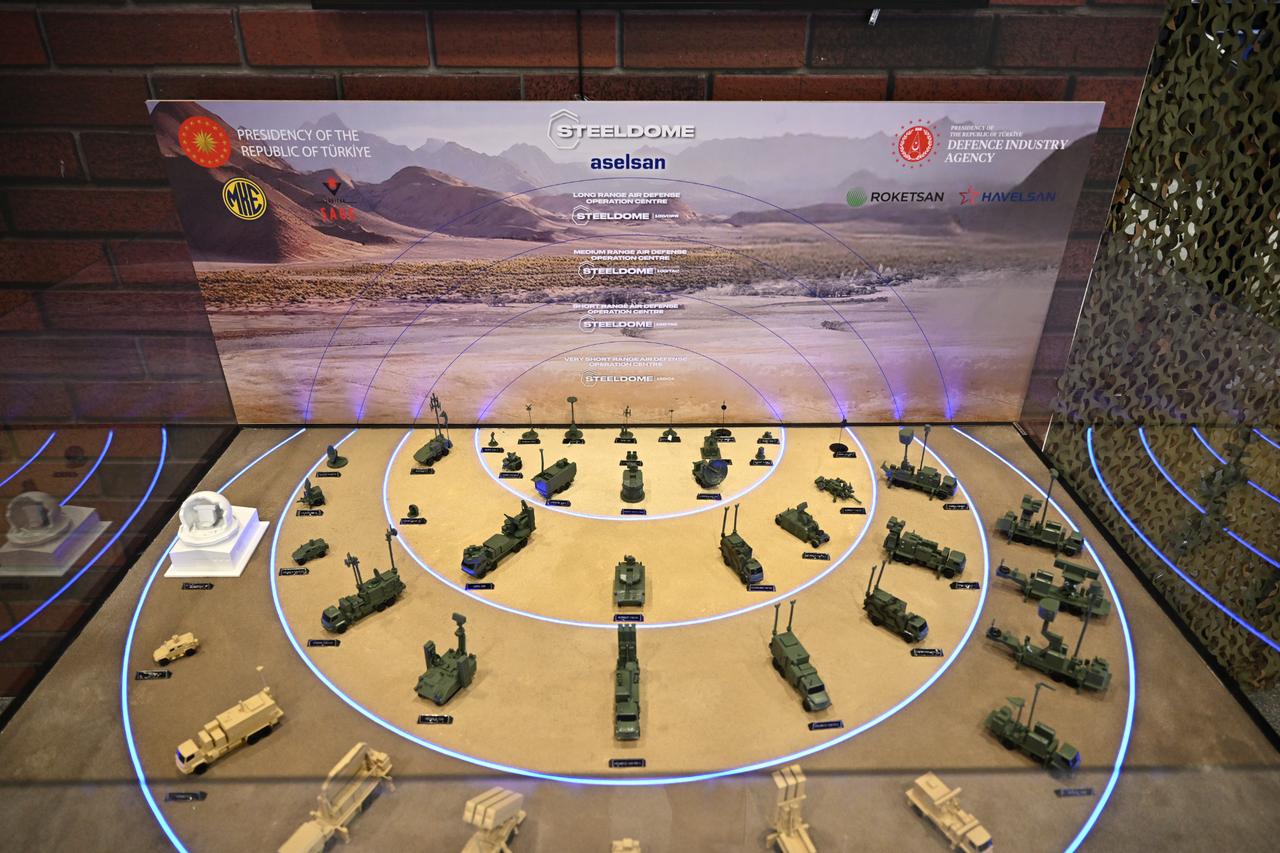
The foundation of Türkiye's defense industry breakthrough lies in goals to reduce foreign dependence and increase the "domestic and national" ratio in defense systems. Particularly, export and import barriers, S-400 and F-35 issues experienced over the past decade, pushed Ankara to prioritize this area.
Rich Outzen said Türkiye wants to "predictably procure systems of critical importance such as ammunition, autonomous systems, armored vehicles and aircraft."
Abdullah Gul University's Department of Political Science and International Relations' Caglar Kurc noted that IDEF 2025 exhibited Türkiye's leading unmanned aerial vehicles among autonomous systems.
Kurc noted that fiber optic cable first-person view (FPV) drones, ammunition of different sizes and effects, and electronic warfare systems against low-altitude threats took up wide space at the fair, and stated that this was directly related to wars in the region.
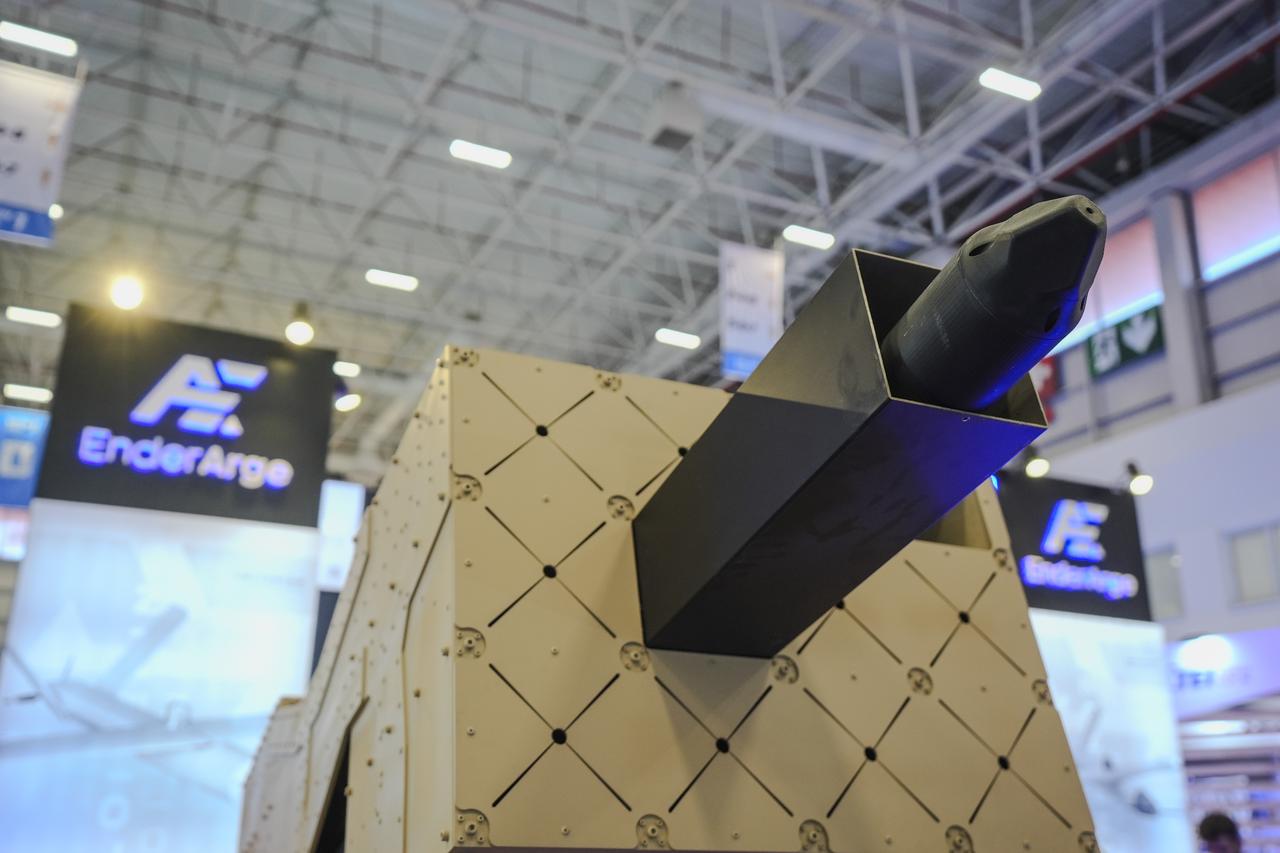
A defense analyst who wished to remain anonymous said: "While the Turkish defense industry previously focused all its efforts on researching, developing, and producing products tailored to the needs and demands of the Turkish Armed Forces, companies in the sector have started to shift toward export-oriented product development in response to the needs and demands arising from conflict zones around the world. "
"It's unthinkable that a rapidly growing sector wouldn't expand internationally in this way, driven by a single need and a relatively limited budget. Until a few years ago, the Turkish Armed Forces would tell the sector, 'I need this, you will produce or supply it for me.' Rather than projects born out of such a need, the sector now has more room for maneuver. Different mechanisms have emerged, and companies have begun to showcase their solutions and products and offer them to users," the analyst noted.
"Small companies, in this current climate, are unable to find a competitive edge among larger companies due to insufficient resources and financial constraints," the analyst added.
The analyst concluded by emphasizing that financing has become a defining factor in the sector, with users required to test products extensively under field conditions. However, uncertainty remains over how quickly these can move into mass production. Türkiye could pursue bilateral or broader collaborations—especially to support small and medium-sized enterprises (SMEs)—as it works to strengthen its defense industry. While the country holds strong potential, reliance on foreign financing also carries considerable risks, which authorities are likely aware of.
Kurc also argued that "replication"—the production of similar systems by different companies—has become a problem in the defense industry.
The expert said this problem particularly emerged in ammunition and unmanned vehicles, and that acquiring similar systems from different companies for inventory could lead to logistical difficulties in addition to resource consumption.
Kurc also commented that criticizing the defense industry has become increasingly difficult.
Caglar Kurc also noted the critical importance of human resources and financial infrastructure in Turkish defense industry development.
The expert commented that Türkiye "wants to do everything itself" despite limited resources and does not have the financial infrastructure to handle this: "In principle, there is no problem with this, but when it does everything itself, there is no financial adequacy to sustain that system, there is no such power actually."